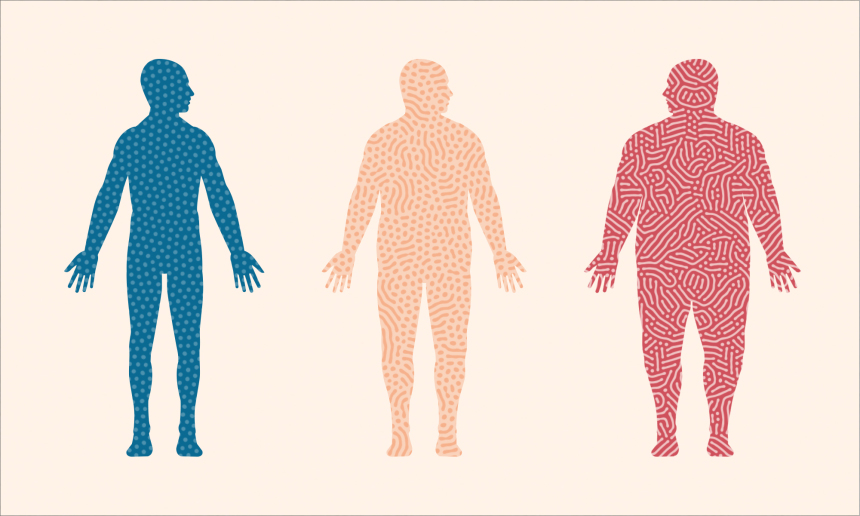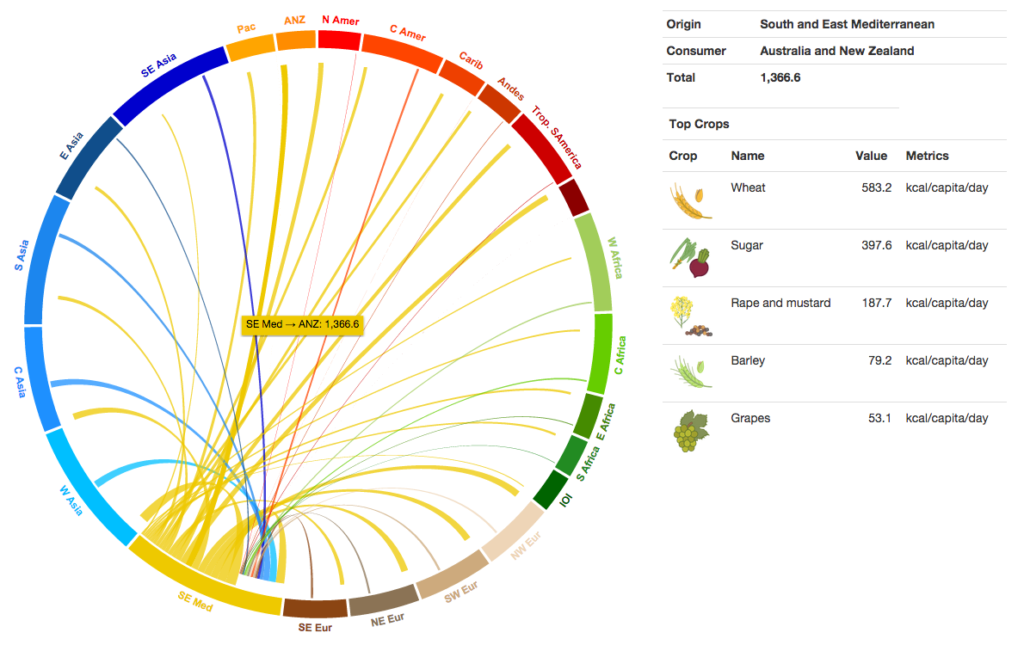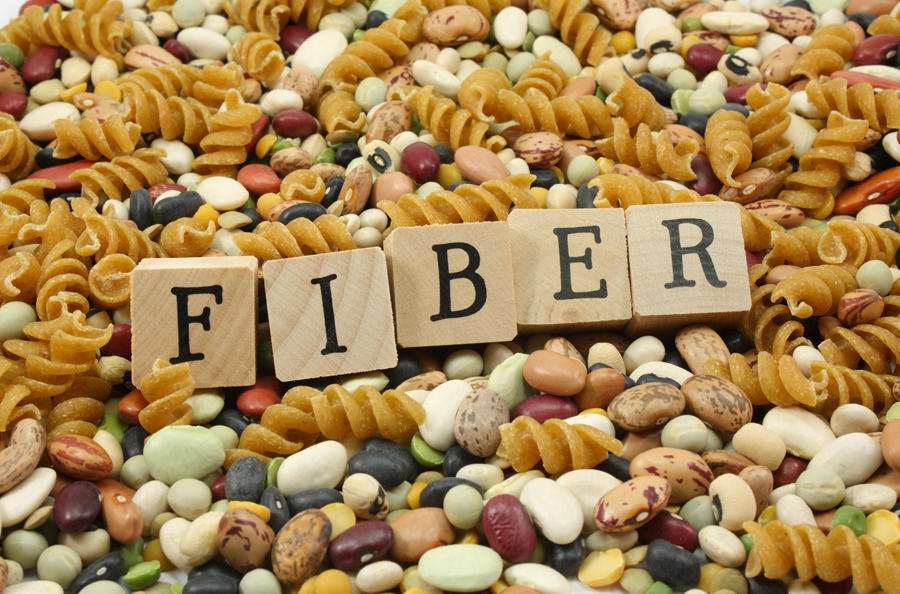
In a fascinating experiment, researchers produced “germ-free mice” without any gut bacteria — which ate 29 percent more food but had 42 percent less body fat than mice raised normally.
There seems to be little doubt that the diet book of 2016 is Sandra Aamodt’s Why Diets Make Us Fat: The Unintended Consequences of Our Obsession with Weight Loss — it’s already been a cover story in the New York Times Sunday Review. But more significantly, Aamodt’s book lays waste to the diet-book field — and indeed the entire dieting field — with the radical assertion that it is, in fact, exactly the kind of weight loss generated by diets that prompt your body to regain the weight lost — whether you want to or not. (For example, your body’s metabolism drops precipitously after weight loss, meaning you have to eat much, much less than you did when you were dieting in order to keep it off.) Read More.

 .
.